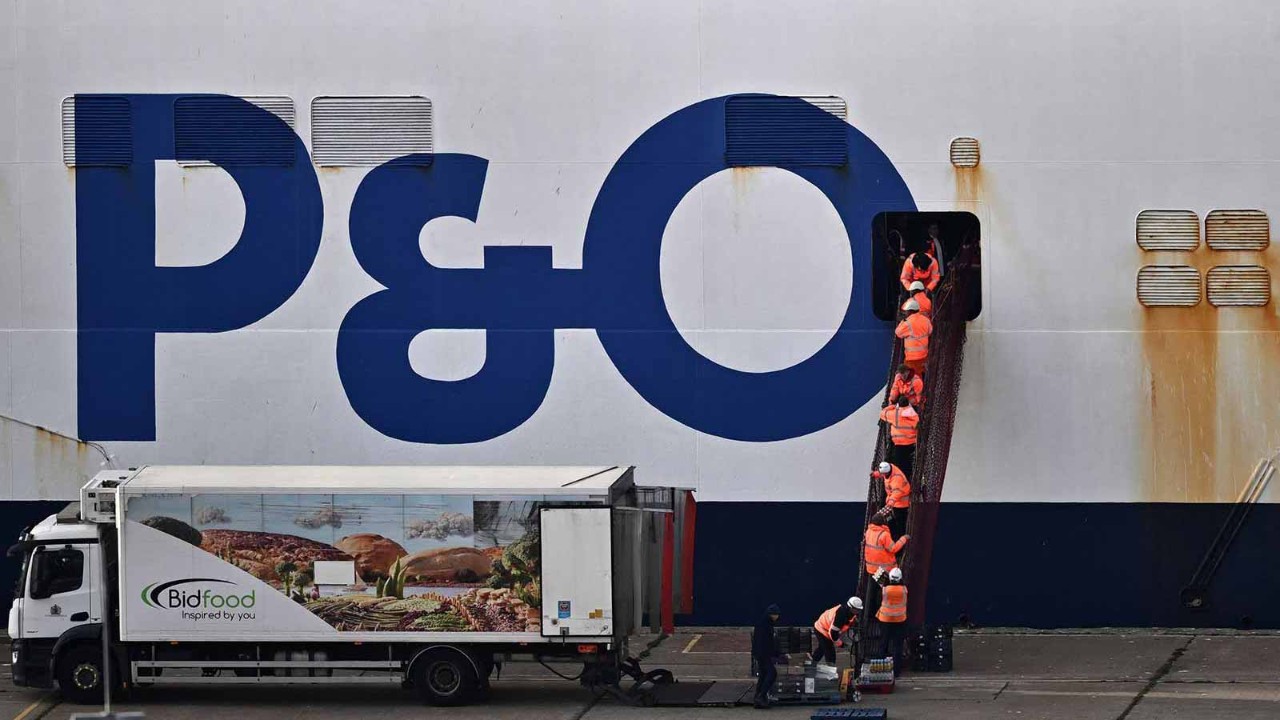
Despite what the newspapers tell us, ordinary human beings do seem to like tales of good old positive change. The aftermath of the pandemic, assuming that we are indeed in a post-Covid world, has been full of them, as has ordinary life.
The cliché of the ‘great resignation’ (whereby people, unsettled by the pandemic, have looked anew at what they could do with their lives and upped sticks from their existing long-term jobs) is one of them. And this widespread phenomenon has become entangled with the simpler change in which people, long stuck in a rut but having accumulated an element of wealth through the property they live in, sell up and look for pastures new.
All these sagas of personal renewal tend to tell a positive story. But, lurking in plain sight beneath all these happy stories, are signs that unremitting stupidity and chaos could prove the lasting legacy in business. Back in those halcyon days before lateral flow tests, lockdowns and the march of an unbelievable death toll had become our norm, there was one business rule that was incessantly discussed and held to be an inviolable truth.
And that rule enshrined the inextricable intertwining of reputation management and the protection of your brand. Keep your brand burnished at all times, the rule said. Never let your guard slip. Never let stupidity and contempt for the customer gain the upper hand. Reputational risk was the biggest danger of all.
Burning down the brand
And what has happened since Covid started to relax its grip? Businesses have started flailing about all over the place. The most solid of reputations have been chucked up in the air and left in bits over the ruined plateau left behind. It has almost been seen as the new normal.
Even the government has got in on the act. The enormously successful and widely admired independent broadcaster Channel 4, quietly costing the taxpayer nothing as it went about its much praised business, is apparently to be sold, more or less on the whim of politicians who cannot bear the idea of the existence of a purveyor of news that they cannot control. The BBC is next, they say.

It is as though people in lockdown got used to working in isolation and thinking no one was looking
Likewise we see the daftness of brand destruction at P&O Ferries. As safe a business as you could wish for – a dominant ferries operation serving an island nation. From holiday traffic to foodstuffs, it offers a vital service and is used by millions. Then overnight it abruptly sacks its entire workforce via an online communication and the whole fleet comes to a standstill in a legal morass, where it remains, reviled throughout the press and the nation, for weeks on end.
Presumably there must have been a reputation manager in among the wreckage, their advice slung overboard along with the company’s name and what it had stood for across generations. But all P&O did was accelerate the post-Covid trend. What it did and whether customers wanted that was not considered. It was a case of cash out soonest and leave the shell, with an assumption that customers are dumb and won’t notice.
Tone-deaf
It is happening all across business. And the only defence the perpetrators have is to stick their fingers in their ears and issue press releases saying that frankly they can’t see what the fuss is about. It is happening in businesses big and small. It is as though people in lockdown had got used to working on their own in isolation and thinking that no one was looking.
Look at the darling of middle-England, the department stores of the John Lewis partnership. It is closing its stores as fast as it can. Even the flagship store in the middle of London’s Oxford Street intends converting a significant number of its trading floors into offices. It is going online, they will tell you, because that is where business is now.
Yet online product is distinguished only by price. The years of building the John Lewis brand and that of its Waitrose food stores count for nothing if it only comes down to a click. The brand is eroded by the rubbishing of its strengths and the emphasis on something any retailer can provide. The generations-long building of an astounding reputation has now started on a steep downward slide.
Maybe businesses will go back to the detail and discipline that creates success, but don’t bank on it
Dilute the essence and all you have is a shadow that private equity will spread wide and shallow, drive out the costs and sell on. The value of the brand in such situations evaporates.
We haven’t seen such blithe and thoughtless chucking of reputations overboard since the early 1990s when dear old Gerald Ratner, in a fit of hubris, told the annual conference of the Institute of Directors that his jewellery business owed its huge success to the selling of ‘total crap’ at cheap prices and likened the price of a set of Ratners earrings to that of a prawn sandwich from Marks & Spencer. He didn’t last long.
Maybe this current trend won’t either. Corporate boards, non-executive directors particularly, may start to notice and perhaps the reputation managers will be back in harness. Maybe businesses will go back to the detail and discipline that creates success, but don’t bank on it.



